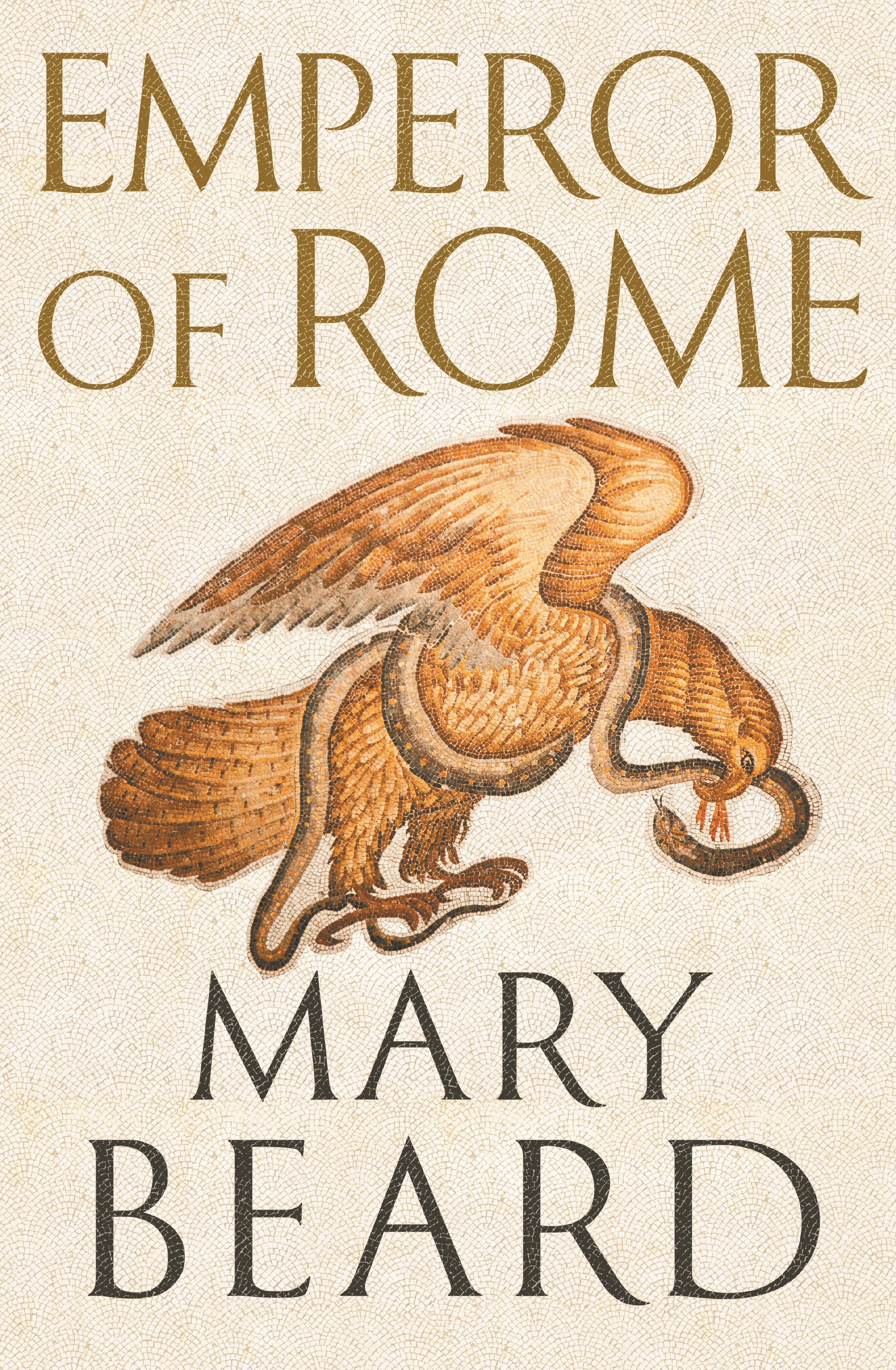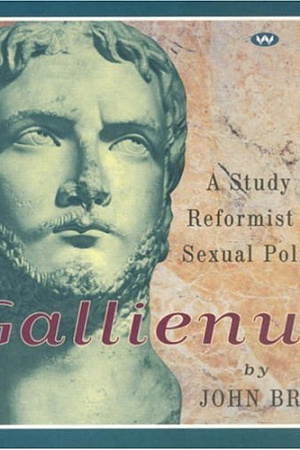Emperor of Rome: Ruling the ancient Roman world
Profile Books, $65 hb, 512 pp
Seeing is believing
Those Roman emperors were a funny lot: Nero with his lyre, Caligula with his speedy horse; Elagabalus with his whoopee cushion (what japes he played on guests who came to dinner!). Mary Beard’s new book spills the tea on all the well-known eccentric autocrats who ruled the Roman world. And what a bunch of oddities they were. Hard to believe that they could have wielded so much power so effectively for so long. Yet Beard’s book is not really about the tittle-tattle. It is, above all, about the idea of Rome’s emperor: that fictitious, hypocritical, and probably accidental conceit by which Octavian/Augustus contrived to be something other than a conventional king. Beard’s answer to the apparent paradox of so many weird mediocrities wielding supreme power is that Roman autocracy was, from its first moment, an act, even a sham. ‘One-man rule’ required a huge supporting, and colluding, cast – from wives and mothers to senators, slaves, and freedmen. Beard explains how the pretence was kept up during its supposedly golden phase: from Actium in 27 bce to Alexander Severus’s murder in 235 ce. Fans of ancient history will certainly enjoy her prose.
Ceremony, hospitality, and image were crucial to the construction of Beard’s Roman emperor. An emperor had to be seen to be believed. But he also had to act like a man of auctoritas (authority). This could mean bestowing generosity, as when grumpy old Tiberius showed afflicted subjects compassion by exempting them from tax dues. But it could equally mean embodying menace. Commodus, for instance, severed the head of an ostrich in order to hold it up in front of senators assembled in the Colosseum. Such darkly comic actions were intended to make important these powerful Romans uneasy. However, a moment like this could just as easily cross the fine line from intimidating to ridiculous. Other emperors who skirted that boundary included Vespasian, who took the edge off his deathbed pathos by boldly declaring ‘I think I am becoming a god’, and Hadrian, who once attracted criticism for ignoring a woman who petitioned him for a favour. ‘Stop being emperor if you don’t have time,’ the angry woman told him. Imperial dignity could so easily turn into its own parody as the more self-aware wearers of the purple must have realised.
Continue reading for only $10 per month. Subscribe and gain full access to Australian Book Review. Already a subscriber? Sign in. If you need assistance, feel free to contact us.











Leave a comment
If you are an ABR subscriber, you will need to sign in to post a comment.
If you have forgotten your sign in details, or if you receive an error message when trying to submit your comment, please email your comment (and the name of the article to which it relates) to ABR Comments. We will review your comment and, subject to approval, we will post it under your name.
Please note that all comments must be approved by ABR and comply with our Terms & Conditions.